Lunar New Year is one of the most significant holidays in many Asian societies, as it marks the end of winter and beginning of spring. This year, the holiday was celebrated on February 12th, when families usually gather to spend time together, wear red, and watch the fireworks. The Chinese Language Program, Cantonese Language Program, and Korean Language Program collaborated to hold a Lunar New Year celebration. Through this cross-cultural celebration, students from all backgrounds were able to see different Lunar New Year traditions from cultures all over Asia, coming together to celebrate their wishes for the new year.
This year, the Chinese and Cantonese Language Programs held a photo challenge titled “One Wish, One Dish”. Students who chose “One Wish” were encouraged to write a Chinese character on diamond-shaped red paper, whereas students who chose “One Dish” were encouraged to share a food dish significant to their own culture. Both chosen characters or food dishes symbolized their best wishes for the new year. The Korean Language Program held their “One Wish” event, where students were encouraged to write a Korean word that represented their wishes for the new year, posted over a Sam-Taegeuk, a tricolor symbol that represents heaven, earth, and humanity.
Over 200 submissions poured in, received from students of all backgrounds and language-learning levels. Not only did this event invite students to have fun in sharing the unique ways their respective cultures celebrate Lunar New Year, but it also fostered a sense of community and intercultural understanding in our online space. The sentimentality, creativity, and diversity shown in these submissions was impressive! Students showed thought and care when describing the stories behind their chosen characters or dishes.
From the Cantonese Language Program, CNTO 311 student Causan Lo (羅秋宸) chose the word “福”, handwritten on red paper. This word can mean happiness, good fortune, or good luck; Causan hopes that writing this word will be able to bring fulfillment in the new year, whether it is about graduation, finding new friends, or the health of surrounding friends and family.
One wish: 羅秋宸, CNTO 311 student
Caption: 福,即係“幸福”,“福氣”,“福運”嘅意思,唔止過去仲有宜家添,“福”字寄托咗人哋對美滿生活嘅向往。每逢新春佳節,人哋都喺門上,牆壁上貼上大大小小嘅“福”字。喺過去嘅一年裏 ,我遇到過坎坎坷坷嘅經歷,有些係壓力,有些係遺憾,但係我很堅強,我充滿希望。我寄情於
“福”字,希望新嘅一年能夠畢業,揾到心靈相應嘅愛人,揾到健健康康嘅朋友,願新嘅一年有人牽掛,有人愛,同有正嘅嘢食。我希望“福”字能夠帶俾我驚喜,快活,陪伴,和掛念。
“Every Lunar New Year, people will put up “福” on their doors and walls, whether big or small. This past year, I’ve experienced many hardships. Some of it was pressure, some of it was regret, but I am still strong and full of hope. Through writing “福”, I expressed my hopes for the new year…I hope that “福” can bring me surprise, happiness, company, and care.”
The Korean Language Program asked students for words that represented their wishes going forward for the new year. Lecturer Eurie Shin was touched to read the thoughtfulness behind their submissions:
“Many students chose family (가족) and health (건강) not surprisingly, and gratitude (감사) was one of the most frequently chosen words. It was touching to read how students are grateful for their family, friends, community, front-line workers, and everything around them, and how they are taking the unprecedented challenges positively. All of their wishes and messages were full of hope and optimism, and I really wish they all come true.”
— Lecturer Eurie Shin, Korean Language Program
Two students taking KORN 102 discuss the impact family had on their past year, as well as the year to come. Johnson Lee chose the word 가족, or family, to represent all the times he was able to gather with his family to eat dinner, even after long days of studying. Yasmina Seifeddine, a Lebanese student taking KORN 102, chose to represent her year with the word 할아버지, or grandfather, hoping that she will be able to return to Lebanon to see her grandfather in the new year. Her caption reminisces on her usual summer trips back to Lebanon, halted last summer due to Covid-19.
One wish: “Family”, Johnson Lee, KORN 102 student
Caption: 저는 우리 가족을 아주 사랑해요. 저는 작년에 수업 때문에 자주 바빴어요. 매일
늦게까지 혼자 학교에서 공부했어요. 그렇지만 우리 가족은 매일 저녁에 저를 기다렸어요. 저하고 함께 저녁을 먹고 싶어했어요. 우리는 가끔 저녁을 먹으러 레스토랑에 갔어요. 돈이 많지
않았어요. 그래서 음식은 항상 쌌어요. 그런데 음식도 항상 맛있었어요!
I love my family very much. I was often busy with classes last year. I studied alone at school until late every day. However, my family waited for me every evening. They wanted to eat dinner with me, together. We sometimes went to a restaurant for dinner. We didn’t have a lot of money. So the food was always cheap. But the food was also always delicious!
One wish: “Grandfather”, Yasmina Seifeddine, KORN 102 student
Caption: 저는 레바논 사람이에요. 그래서 제 가족은 레바논에 사세요. 저는 보통 매년 저희
할아버지를 봐요. 그런데 코로나19 때문에 지난 여름 방학에 레바논에 갈 수 없었어요. 저는저희
할아버지를 아주 보고 싶어요! 그래서 올해는 레바논 여행을 가고 싶어요. 저희 할아버지를
사랑해요!
I am a Lebanese person. So my family lives in Lebanon. Every year, I usually get to see my grandfather, but because of Covid-19, last summer I couldn’t go to Lebanon. I really want to see my grandfather! So this year I want to go on a trip to Lebanon. I love my grandfather!
KORN 302 student Eliya Vaizman talks about her Jewish background with the word 꿀, or honey, a food that is not only representative of Jewish New Year traditions that she celebrates with her family, but something that carries significant properties in her belief. Representing healing, wealth, and the work carried out by diligence and productivity, she hopes that honey will be able to bring these characteristics not just to her, but to the world in the new year.
One wish: “Honey”, Eliya Vaizman, KORN 302 student
Caption: 나는 유대인 출신이기 때문에 꿀이라는 단어를 선택했다. 유대인 전통에 따르면 새해를 맞이할 때 우리는 꿀에 사과를 먹고 서로에게 꿀처럼 달콤한 새해를 기원한다. 우리의 믿음에 따르면 꿀은 몇 가지 독특한 특성이 있다. 먼저, 꿀은 치유력이 있다. 올해가 전년보다 건강해질 것이고 곧 우리는 코로나바이러스가 없는 세상에서 살 수 있기를 바란다. 둘째로, 또한 꿀은 부의 상징이다. 그래서 특별한 축하에 우리는 꿀과 함께 디저트를 먹는다. 올해 졸업하려고 하니까 쉽게 직업을 구하면 좋겠다. 마지막으로 꿀은 꿀벌에 의해 만들어진다. 꿀벌은 생산적이고 부지런한 곤충으로 여겨진다. 올해는 계속 생산적이고 부지런한 학생이 될 것이고 결국에 꿀을 즐길 수 있기를 바란다.
Coming from a Jewish background, I was inspired to choose the word ‘honey’. According to the Jewish tradition in the Jewish New Year celebration, we eat sliced apples dipped in honey to express our hopes to have a new year that is as sweet. Moreover, in our belief, honey has several unique characteristics. First, honey has healing properties. Hopefully, this year will be healthier than the previous year, and soon we will be able to live in a world without pandemics. Second, honey is also a symbol of wealth. Therefore, on special occasions, we eat desserts made with honey. Since I am planning to graduate this year, I hope I can find a job easily. Finally, honey is made by bees which are considered productive and diligent insects. Similarly, this year I wish to continue to study diligently and be productive so that in the end, I will also be able to enjoy the honey.
From the Chinese Language Program, submissions were received from heritage, non-heritage, and literature students alike. The diversity within the program alone can be seen through the variety of submissions: students were able to learn about different Southeast Asian and East Asian Lunar New Year traditions from each others’ food dishes, and hear about the creative ways overseas students celebrated with their family back home.
Two non-heritage students, one from Indonesia and one from Singapore and Malaysia, shared different perspectives on a food dish called Yusheng, demonstrating the diverse variations each Lunar New Year tradition can have, ranging from family to hometown to country.
One dish: Aurelia Josselyne, 2nd-year non-heritage CHIN 133 student
Caption: 每中国新年,我们都做鱼生来吃。这鱼生有蔬菜和鱼 .我们希望大家都可以有丰富,幸运和甜甜蜜蜜。我们想折腾越高,丰富就越高。
Every Chinese New Year, we cook raw fish and eat it. This fish is raw with vegetables and fish. We hope everyone can be rich, lucky and sweet. The higher we toss it, the greater the abundance.
Aurelia, a non-heritage student, describes the prosperous meaning behind one of the dishes she likes to eat with her family — Yusheng, also known as Prosperity Toss. Aurelia, as an Indonesian of Chinese descent, celebrates Lunar New Year with her family in respect to their ancestors. To her, this special dish “symbolizes togetherness, prosperity and abundance” which is served with “Chinese sayings and wishes”. And there is no better way to demonstrate togetherness than the many hands reaching for the delicious, colourful Yusheng! Through the challenge, Aurelia was able to share some of her tips on how to bring prosperity to the new year, while exploring the cultural significance behind her family’s recipe.
One dish: Non-heritage CHIN 333 student
Caption: 这道菜是叫捞起魚生。这道菜对我很重要,因为它能让我回忆我的家乡在新加坡, 也很有
意思。
在新加坡做这道菜的时候,我们要说这些东西。
放鱼的时候,应该说:年年有余
放调料的时候,说:招财进宝
放油的时候,说:一本万利,财源广进
放素菜的时候,说:鸿运当头,步步高升,风生水起,青春常驻
放 花生的时候,说:经营满屋
放 白芝麻的时候,说:生意兴隆
放 薄脆饼干 的时候,说:满地黄金
放 酸梅奖的时候,说:甜甜蜜蜜
开始混合的时候,说:万事如意,身体健康,恭喜发财,发啊。
祝大家新年快乐,身体健康!
This dish is called Laoqi Yusheng. This dish is very important to me because it reminds me of my hometown in Singapore, and it is also very interesting.
When making this dish in Singapore, we have to say these things.
When putting fish, one should say: more than every year
When putting the seasoning, say: Lucky fortune and treasure
When the oil was discharged, he said: A great profit, a wealth of money
When putting vegetarian dishes, say: good fortune is in the hands, step by step, good fortune
rises, youth is permanent
When putting peanuts, say: Run a full house
When putting the white sesame seeds, say: business is booming
When I put the crackers, I said: All the gold
When putting the sour plum award, say: sweet
When starting to mix, say: everything goes well, good health, congratulations on getting rich and getting rich.
One non-heritage student, currently taking CHIN 333, also shares an interesting story behind the dish Yusheng that she eats during the Lunar New Year. She wanted to participate in this challenge to “share a Chinese New Year custom that is unique to Singapore [and] Malaysia”, her countries of origin. When asked about the significance behind Lunar New Year for her, she described it as a special time to spend with family and enjoy Yusheng together. This student, along with many others, used the challenge as a way to showcase unique traditions that different East Asian cultures have when celebrating the holiday.
-I.png)
-I.png)
Caption: 牛 Niú
今年是牛年。牛在十二生肖中是排名第二个动物,它又可靠,又老实。所以,说一个人很棒的时
候也可以说他很牛。今年,我希望大家都可以像牛一样,为实现目标而努力。不管疫情中的苦,
如果努力用功,我们都可以超出预期。
This year is the year of the ox. The cow is the second animal in the Chinese Zodiac. It is reliable and honest. Therefore, when a person is great, he can also be said to be an ox. This year, I hope everyone can work hard to achieve their goals like cows. Regardless of the suffering in the epidemic, if we work hard, we can exceed expectations.
Tim, a 4th-year heritage student majoring in International Relations, decided to participate in “One Wish, One Dish” because he thought it would be a “fun and creative way to celebrate Lunar New Year”. He based his submission on the humble and hard-working ox as an analogy to the perseverance we need to get through the pandemic. Like many others, Tim could not celebrate the holiday the same way as in previous years, so he took to video chatting with his family in China. While drawing the character, Tim gained a deeper understanding of the significance behind Chinese zodiac animals and the hope they bring for the new year.
One dish: Sylvia Zhu, literature student taking CHIN 473
Caption: 火锅是最极致的团圆。新春之际,家人或三五好友围坐一堂,边吃边聊。当热气氤氲而
起,人间最平凡的烟火气就在此中蔓延开来,即使是在寒冷的冬天也能让人感到温暖。火锅,煮
沸了感情,拉近了人与人之间的距离。火锅里面蔬菜、面条、鱼类、肉类等常见食材均可下锅,
荤素搭配,体现了“海纳百川,有容乃大”。希望我们在新的一年里生活红红火火,团团圆圆,年
年有余,五谷丰登,永远幸福。
Hot pot is the ultimate reunion. On the occasion of the New Year, family members or friends of three or five sit around and chat while eating. When the heat rises, the most ordinary smoke and fire in the world spreads out here, making people feel warm even in the cold winter. The hot pot boils the emotions and narrows the distance between people. Vegetables, noodles, fish, meat and other common ingredients in the hot pot can be served in the pot. The combination of meat and vegetables shows that “inclusive of all rivers, tolerance is great”. I hope that in the new year, we will live a prosperous life, reunite and reunite, have more than one year after year, and be happy forever.
Sylvia Zhu, a 2nd-year commerce student taking Later Classical Chinese Poetry, shares the sentimental aspects of eating hotpot, from the placement of the round pot representing reunion, to the burning fire indicating flourishing life. To add, she said that hotpot is a special dish eaten “as a celebration at the end of a year”. Similarly, Kimberley Huang, a 5th-year marketing student taking Early Classical Chinese Poetry, speaks about her experience eating hot pot as a student coming from Sichuan. In Sichuan culture, spicy has significant meaning in food, as it touches on a wide range of senses, including smell and taste. Despite celebrating Lunar New Year apart from her family this year, Kimberley’s and Sylvia’s chosen dish is representative of the sense of gathering that Lunar New Year brings.
Kiko and Kate, both students of Modern Chinese Literature, shared two colourful aspects of their Lunar New Year celebrations with family. Kiko describes gathering with her family to make a cute and vibrant rice ball snack called tangyuan (汤圆), which traditionally symbolizes family reunion and harmony. Kate spent part of her new year watching the Spring Festival Gala (春晚) with her family, one of the most-viewed entertainment shows across the world, attracting up to one billion viewers every Lunar New Year. Gathering around the TV to watch a night celebrating culture through music and dance is a common
tradition across many Chinese families.
One dish: Kiko Gan, 3rd-year literature student taking CHIN 483
Caption: 汤圆 (Tangyuan): 这些可爱的小丸子们就是中国的汤圆啦!传统汤圆外面用糯米粉搓成
圆球,煮熟后又粘又软,象征阖家团圆;内馅包上芝麻或者花生,甜滋滋的,有幸福美满之意。
每年过年,我都会和家人一起吃汤圆,希望一家和睦圆满。今年有些不同,家里不仅做了白白胖
胖的传统汤圆,还买了捏成各种样式的小汤圆,非常受小孩子的欢迎。
These cute little balls are Chinese glutinous rice balls! Traditional glutinous rice dumplings are made into round balls with glutinous rice flour on the outside. They are sticky and soft after being cooked, which symbolizes family reunion. The filling is covered with sesame or peanuts, which is sweet and full of happiness. Every Chinese New Year, I will eat glutinous rice balls with my family, hoping that the family will be harmonious and complete. This year is a little different. Not only did my family make traditional dumplings that were white and fat, but they also bought small dumplings kneaded into various styles, which are very popular with children.
Kiko Gan, a 3rd-year history major, had a heartwarming message behind the adorable glutinous rice balls she made with her family. When asked about why she decided to take part in the challenge, Kiko described herself as a foodie who “couldn’t miss such an opportunity to share one of my favorite dishes—Tangyuan”. Besides the rice balls being a symbol of a family reunion, Kiko also enjoys the Lunar New Year because “it is time for me to eat all I want without guilt”. She used this opportunity to share her love of food and spread happiness to those around her.
One wish: Kate Guo, literature student taking CHIN 483
Caption: “安”字是中国人最喜欢的汉字之一,也是每年春节必不可少的祝福。“安”从字形字义上代
表着消灾解难,顺利健康的意思,是中国人最为质朴的心愿。一个“安”字是一切美好祝愿的集
合。去年至今的疫情造成全世界的深重灾难,我希望写下“安”字为遭受苦难的人祈福,希望在
2021年能驱散阴霾,全世界迎来更好的明天。
The character “安” is one of the Chinese people’s favorite Chinese characters, and it is also an indispensable blessing for the Spring Festival every year. “安” is the most simple and simple wish of the Chinese people. The word “安” is a collection of all good wishes. The epidemic from last year to the present has caused serious disasters throughout the world. I hope to write “安” to pray for those who have suffered. I hope that the haze can be dispelled in 2021 and the world will have a better tomorrow.
Kate Guo, a 1st-year student taking Modern Chinese Literature, explores the meaning behind a lucky Chinese character while wishing everyone a better future for 2021. Kate decided to participate in this challenge for altruistic reasons, as she wanted to spread hope for the new year that people can “live in a healthy and peaceful environment”. This year, she celebrated the holiday by decorating her home, shopping with her family, and watching the Spring Festival Gala (春晚). Through this photo challenge, Kate shared her compassion for the suffering communities have faced and her optimistic view for everyone’s health in the new year.
Through this year’s Lunar New Year festivities, students were able to showcase their creativity and learning outside of class. Needless to say, the outstanding submissions speak for themselves when it comes to the deepening of intercultural awareness demonstrated by students! The uniqueness of every submission only highlighted the diverse cultural community at UBC . Students were not only able to share customs, traditions, and food dishes unique to their cultures, but came together to share their hardships from the past year, and their wishes for the year to come. The sense of community through this photo challenge has never been stronger. We wish everyone a happy Lunar New Year, and hope everyone is able to stay safe and healthy in the new year!
To view all student submissions from the Chinese Language Program, please check out our Instagram page (@ubcchinese). To view submissions from the Cantonese Language Program, please check out their Instagram page.
Written by: Ashley Zhu
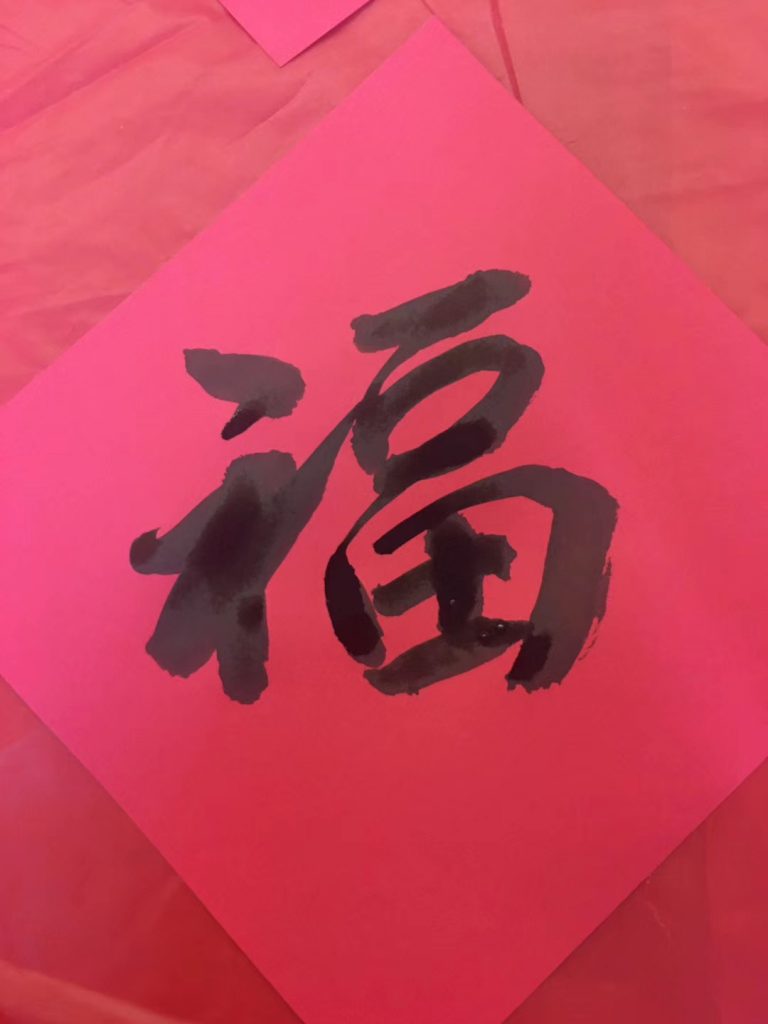
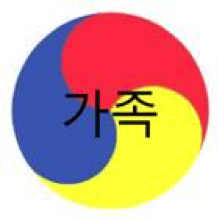
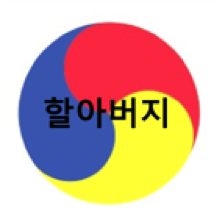
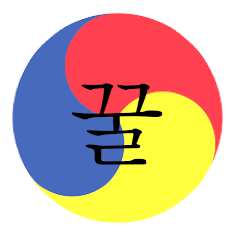
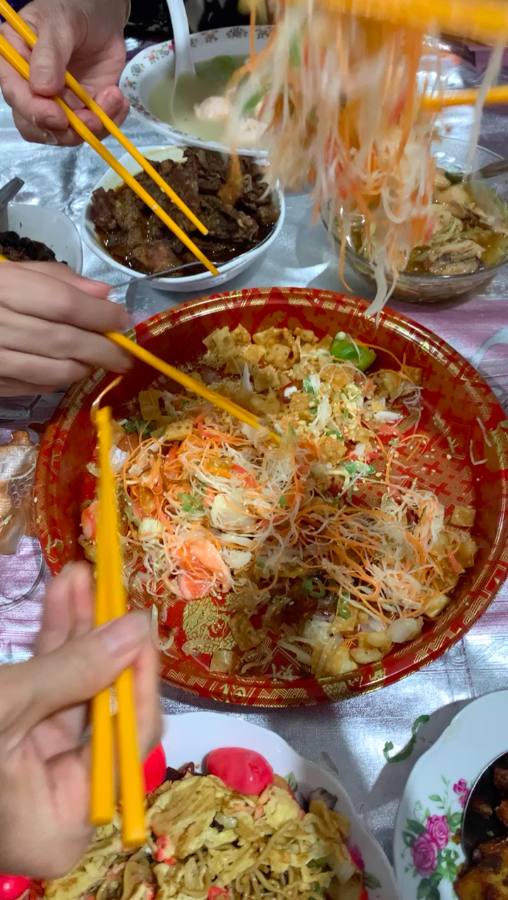
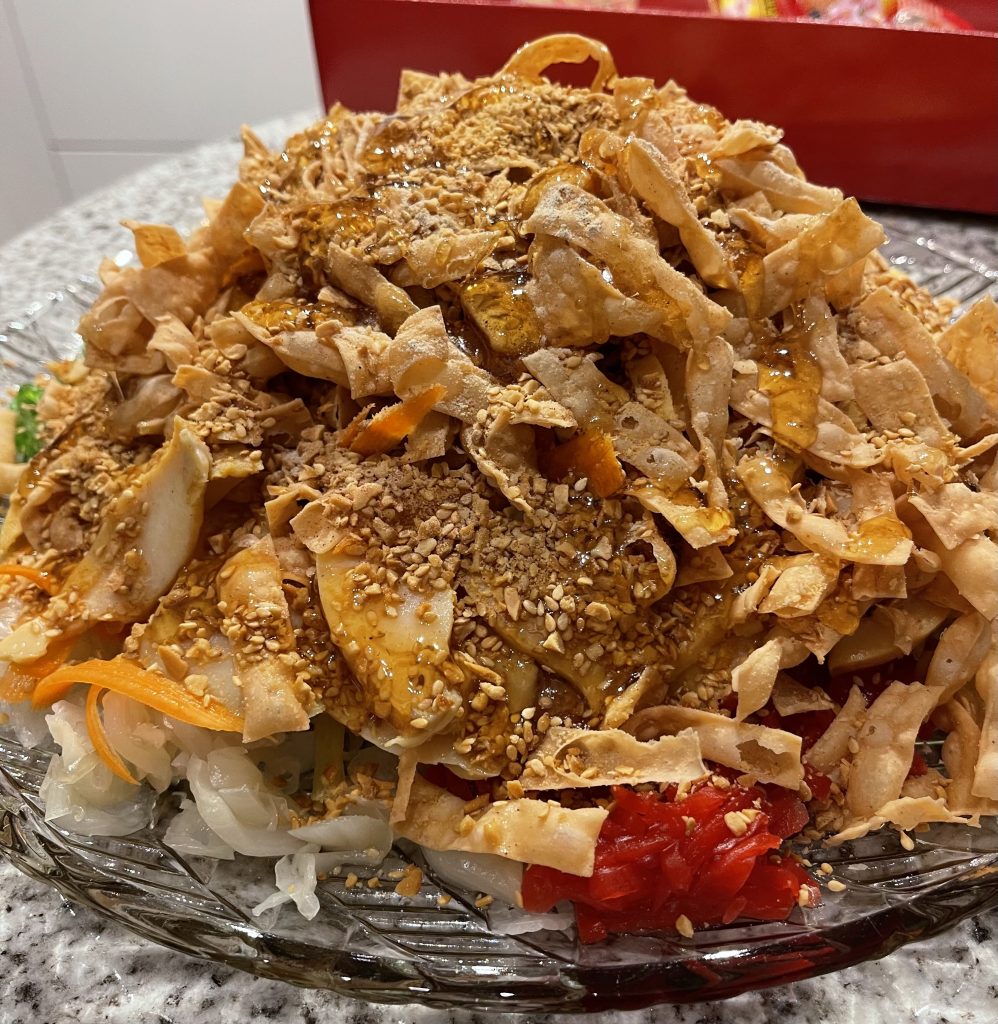
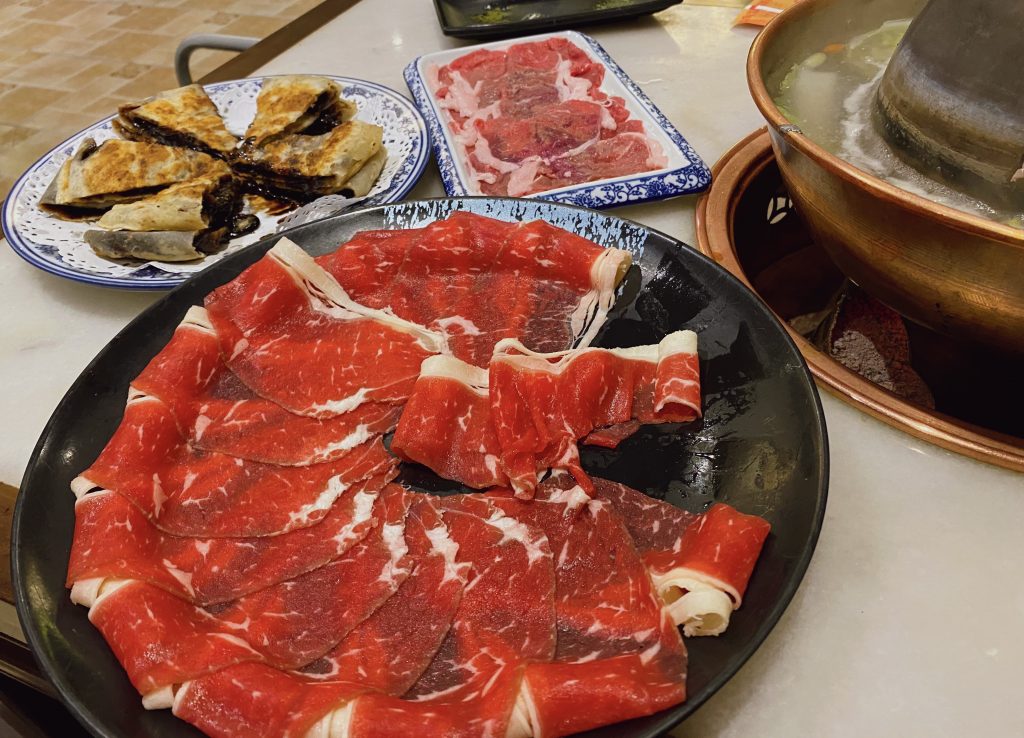
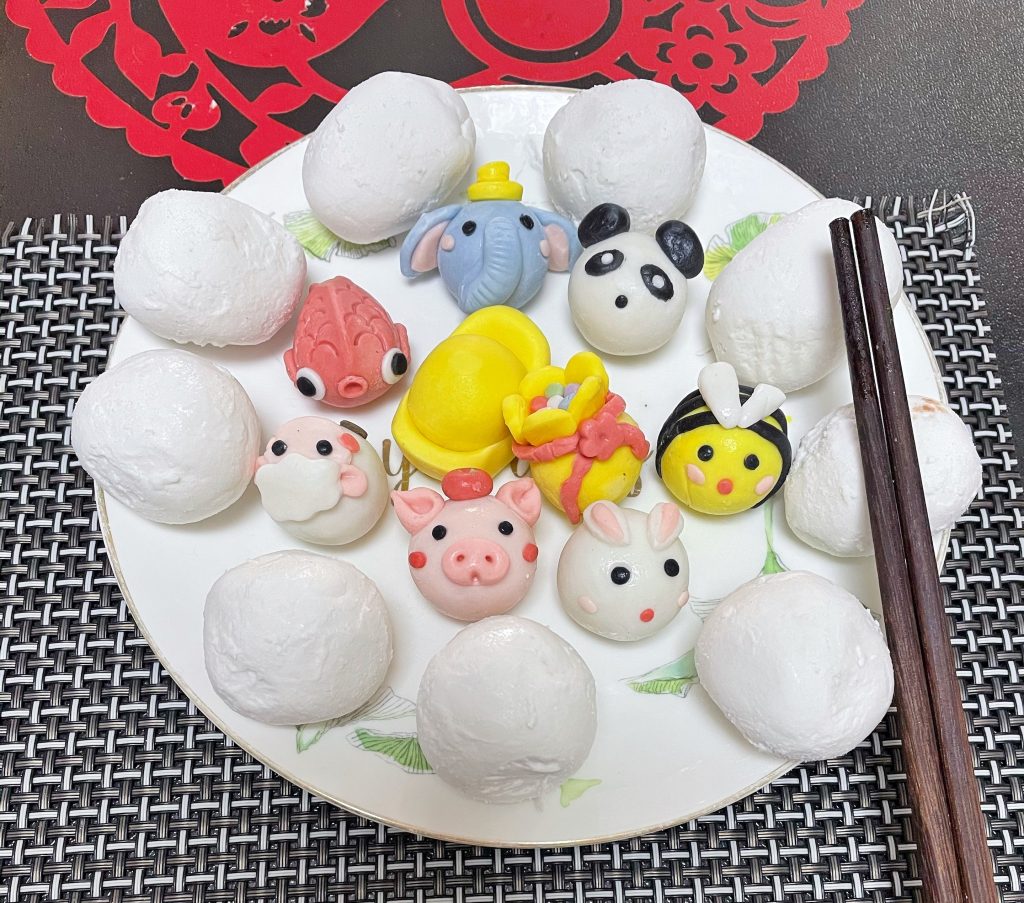
-A-1024x1024.jpg)


